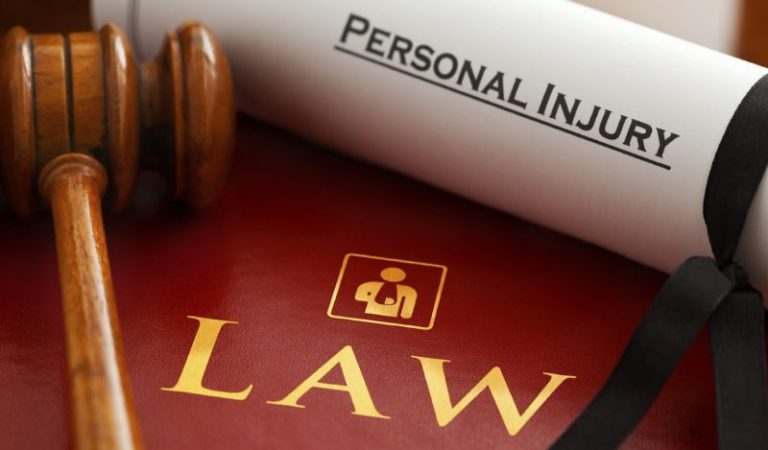

The impact of birth injuries can be incredibly distressing for both parents and infants. Not only is it indicative of the many difficulties the baby will have to face throughout their life, but also the societal or internal conflicts they’d have to maneuver their way around. In addition, it can also take a tremendous toll on caregivers and comes with complex feelings of grief, anguish, and love, all at the same time, resulting in long-term emotional consequences.
As a result, it becomes crucial for parents to understand their rights and the available options when these injuries occur due to negligence or malpractice. You can head to https://www.yubalaw.com/ for comprehensive information and guidance from a local Yuba City car accident lawyer. Meanwhile, this article aims to provide an overview of the rights that parents and infants have in cases of birth injuries.
1. Understanding Birth Injuries
Birth injuries refer to the harm that an infant experiences during the process of labor and delivery. These injuries can range from bruises to conditions like cerebral palsy or brain damage. Many birth injuries occur due to mistakes made by healthcare providers or their failure to provide care.
2. Legal Responsibilities of Healthcare Providers
Healthcare providers, including doctors, nurses, and hospitals, are legally obligated to offer a standard of care to their patients. If healthcare providers fail to meet this standard and their negligence leads to a birth injury, they may be held accountable for the resulting damages.
3. Pursuing Medical Malpractice Claims
Parents whose infants have sustained birth injuries have the right to file medical malpractice claims against the healthcare providers.
To establish a medical malpractice claim, the following factors need to be proven:
- Duty of Care: The healthcare provider had a responsibility to provide a level of care to the patient.
- Breach of Duty: The healthcare provider failed to meet the standard of care.
- Causation: The breach of duty directly caused the birth injury.
- Damages: The birth injury resulted in harm such as expenses, pain and suffering, and loss of potential future earnings.
4. Statute of Limitations
Regarding the timeframe for filing a birth injury claim, it’s crucial for parents to be aware of the statute of limitations. This refers to the period within which a claim must be filed. In most states, birth injury claims should typically be filed within two to three years from the date of the injury. However, it’s worth noting that this timeframe may be extended in cases involving infants since they may not immediately exhibit signs of a birth injury.
5. Calculating Damages and Compensation
In terms of damages, if successful in their medical malpractice claim, parents may receive different types of compensation, including:
- Medical Expenses: Compensation for both current and future treatments, rehabilitation programs, therapy sessions, and necessary assistive equipment.
- Pain and Suffering: Parents can seek compensation for the emotional distress caused by the birth injury.
- Loss of Future Earnings: Parents may be entitled to compensation for the income their child could have earned if not for the birth injury.
- Disability and Disfigurement: Compensation can be sought for any long-term disabilities or disfigurements resulting from the birth injury.
6. Legal Representation
Dealing with a birth injury claim can be complex. It is advisable for parents to seek assistance from a personal injury attorney. A skilled lawyer can help gather evidence, navigate the system, and negotiate with insurance companies to secure maximum compensation for both parents and their children.
7. Ethical Considerations
Attorneys handling birth injury claims must also adhere to guidelines and act in their client’s best interests while maintaining confidentiality and avoiding conflicts of interest. Additionally, they should provide realistic expectations about the outcome of the cases as well.
Conclusion
Birth injuries can profoundly impact both parents and infants. Understanding their rights and available options is crucial in obtaining resources for lifelong care of the child. Parents can greatly benefit from consulting a personal injury lawyer who can provide guidance throughout the legal proceedings and ensure that they receive the rightful compensation for both themselves and their child.


